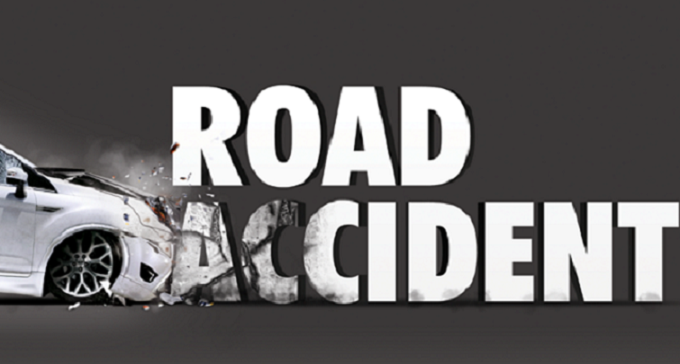Brickwall on Somvubu Secondary’s bid for Prince Dube compensation

Sikhumbuzo Moyo, Senior Sports Reporter
SOMVUBU Secondary School’s attempt to get training and education fee compensation for its former pupil Prince Dube, who recently signed a two-year contract with Tanzanian club Azam, might hit a brick wall as it has emerged that the East African nation’s clubs are all under category IV and therefore exempted from paying that fee.
According to Article 2, subsection 2 of Annexure 4 of the Fifa Regulations on the Status and Transfer of Players (RSTP), training compensation is not due if: (i) the former club terminates the player’s contract without just cause (without prejudice to the rights of the previous clubs) or (ii) the player is transferred to a category four club or (iii) a professional re-acquires amateur status on being transferred.
Categorisation of clubs and or association is done in order to calculate the compensation costs.
In Circular number 1726 sent to football associations by Fifa secretary-general Fatma Samoura on July 30 this year, only 17 African countries, Algeria, Burundi, Cameroon, Cote d’Ivoire, Egypt, Gambia, Ghana, Libya,Mali, Morocco, Nigeria, Rwanda, Senegal, South Africa, Sudan, Togo and Tunisia have clubs outside category IV.
This means had the former Highlanders talisman gone to any club from the 17 clubs, then the Bubi district-based school would have been entitled to some compensation.
“In order to calculate the compensation due for training and education costs, associations are instructed to divide their clubs into a maximum of four categories in accordance with the club’s financial investment in training players. The training costs are set for each category and correspond to the amount needed to train one player for one year multiplied by an average ‘player factor’, which is the ratio of players who need to be trained to produce one professional player.
“The training costs, which are established on confederation basis for each category of club, as well as the categorisation of clubs for each association, are published on the Fifa website. They are updated at the end of every calendar year. Associations are required to keep the data regarding the training category of their clubs inserted in the Transfer Matching System (TMS) up to date at all times,” reads the RSTP.
Clubs under category IV are those whose training investment in players is said to be US$2 000 or below and therefore exempted from paying any compensation fees.
Category 1 clubs are mainly under Uefa, with only Argentina and Brazil being the two outside whose training expenses are pegged at €90 000.
Category 2 and 3’s expenses vary according to the confederation, with Caf members at US$30 000, while all, except Uefa members’ in category 3, have US$10 000 as their training expenses.
However, custodians of secondary schools sports in the country, the National Association of Secondary School Heads (Nash) say as a result of the unprecedented attempt by Somvubu Secondary, they will now push Zifa to come up with a working document, similar to that of other progressive nations like South Africa to make it mandatory for local clubs to pay training and education compensation fees, not only to schools, but even junior clubs which have always been exploited by bigger clubs.
“We were always behind Somvubu’s claims because records are clear. Schools have been sitting on gold since the dawn of professional football in this country. It is high time schools development moves to another level and gets the recognition it deserves. We need to come up with a clearly defined working document that will be presented to the Zifa congress so that it’s mandatory even at local level for these big clubs to pay a certain fee to schools and junior clubs once they give our products a professional contract,” said Nash national president Arthur Maphosa.
Some football federations have clearly defined statutes that make it mandatory for teams registering players below the age of 23 years to first provide a paper trail showing that they paid all dues, including training compensation to the supplying clubs, failure to which no playing licence would be issued to the player.
While Highlanders and Azam have a sale-on clause that says Bosso will get 30 percent of the total fee should the Tanzanian club decide to sell Dube, Bosso are still entitled to claim a compensation fee since he joined them when he was still under the age of 21.











Comments